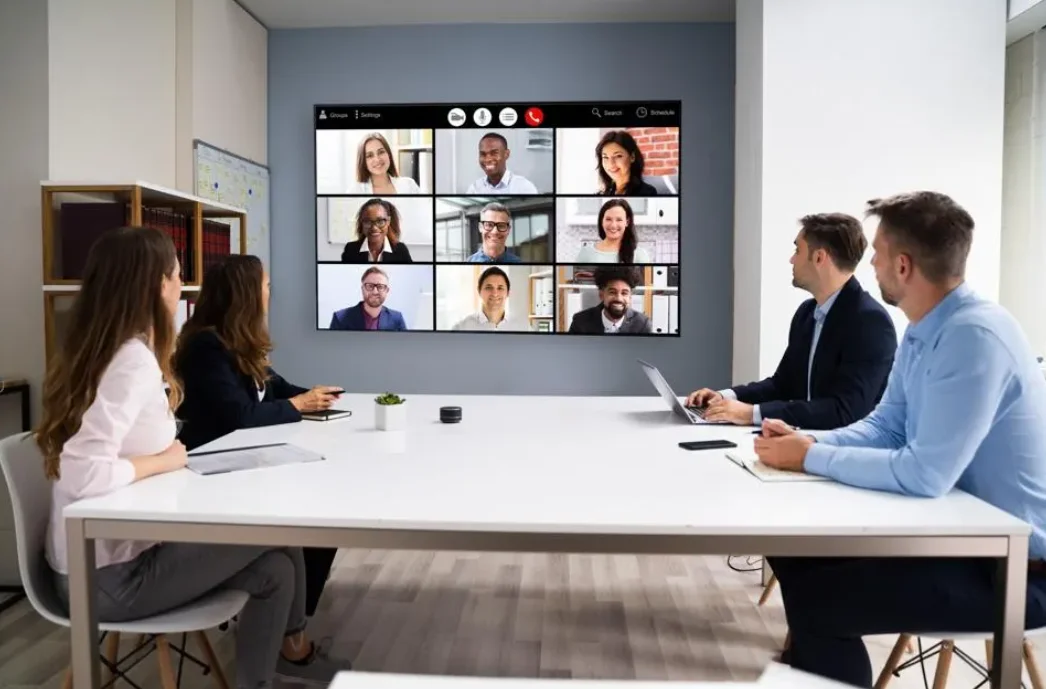Over the past couple of months, as I’ve been at networking and business events showing people around the RallyBright platform, one key feature has especially caught the eye of those I’ve spoken with: DISC.
If you’re not familiar with the term, DISC is an assessment that measures a person’s personality and behavioral style based on the attributes of Dominance (D), Influence (I), Steadiness (S) and Conscientiousness (C). It’s based on a model developed in the 1920s by the Harvard-educated psychologist William Marston. The basic idea is that each of us draws from one of these four personality styles more strongly than the others. (We also draw from one of eight related, more granular behavioral styles.) DISC tells us our predominant style, and what that means for how we approach a range of situations.
People I’ve met have been eager to speak about their experiences and exposure to DISC. And there are a lot of them – DISC is one of the oldest and most highly regarded personality tests around. It’s noted for its ease-of-use and accuracy. It shows up on a lot of lists of the most common personality and behavioral assessments in use at workplaces and by HR departments during hiring decisions.
DISC reveals high-impact tendencies
The value of knowing your DISC style is that it gives you a window into your likely behaviors and interpersonal style. Notably, DISC is a reflection of your tendencies. It represents the way you typically behave and respond, not your abilities or strengths. Knowing the DISC styles of your teammates can similarly give you an advantage. It helps you more keenly understand – and manage – the relationships that make or break team success.
How can DISC help you in the day to day? I’ll give you some examples from my own work as the leader of RallyBright.
Like many entrepreneurs, my DISC behavioral style is a D, aka “The Commander.” This means that I tend to be very direct, no-nonsense and results-oriented. While I have a softer side, I almost never lead with it. Also unsurprisingly, this approach typically works well with my fellow D’s. In fact, with D’s I shift my communication style to be even more abbreviated and direct. I approach conversations as “bullet point” discussions where I very rapidly get to the point.
But I also have colleagues who are not D’s. I make a point to think of their tendencies so that I can have the most effective interactions with them. I’s, for example — “The Energizers” – are upbeat and optimistic, and as idealists, negativity can shut them down fast. With I teammates, then, I temper my natural inclination to be skeptical. Instead, I try to bridge their big ideas to the concrete actions required to make their vision a reality (and get the results that are my focus). Both of us benefit, because I’s often need help organizing and thinking through details they may be overlooking. And D’s sometimes need help seeing the great opportunities that positive-thinking I’s are especially tuned to.
DISC can ease the handling of conflict
Knowing the behavioral styles of your colleagues can be especially helpful when negotiating conflict. S and I styles are thrown off-kilter by conflict, so it’s best to keep this in mind from the start. One of my teammates is an SI – “The Collaborator” – and true to type, she disengages when there are more, uh, spirited disagreements within our team. (SI’s are consummate unifiers, and they prioritize relationship-building). By bringing more warmth to my interactions with S’s and I’s, I can put my team more at ease. This in turn helps us all surface and resolve the conflicts that are an inevitable part of teamwork more smoothly.
Here at RallyBright we’ve built our own DISC assessment right into the RallyBright platform. You can learn about your individual DISC style, share your DISC style report with your colleagues, and view their reports for style-specific insights that will help you work better together. For yourself and each teammate, you’ll learn about key behaviors and traits, strengths and weaknesses, and top considerations for working together.
Few things at work matter more than relationships
If there’s one recommendation I can make to you for improving your work life in the new year, it would be to maximize your knowledge about what you and each of your colleagues brings to your team through your personality and behavioral styles. The farther you go in your career, the more important your interpersonal relationships are. Why not make 2019 the year where you become the best team player you can be?
Want to learn more about how DISC can help your team work better together? Request a demo of the RallyBright platform.


